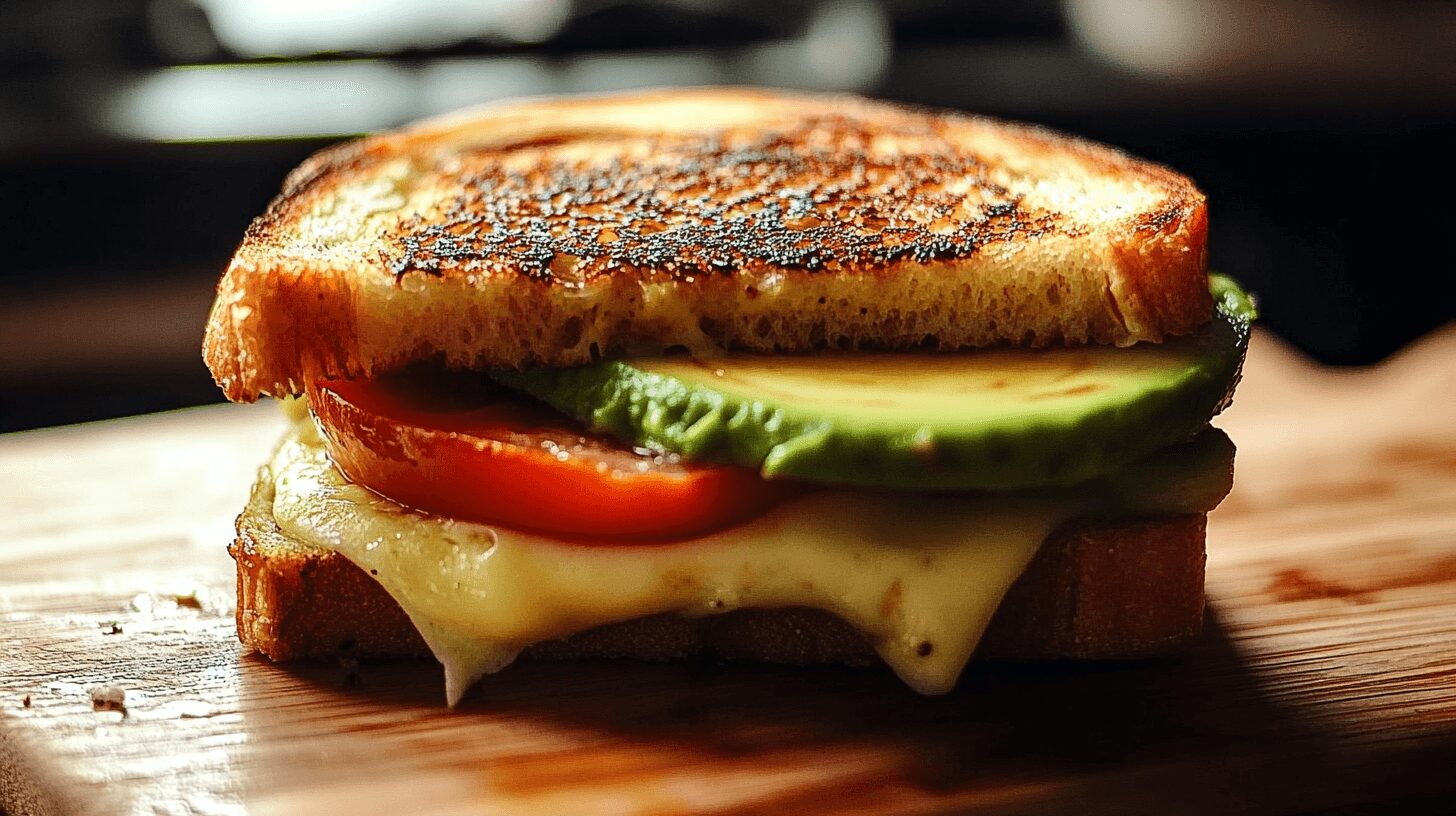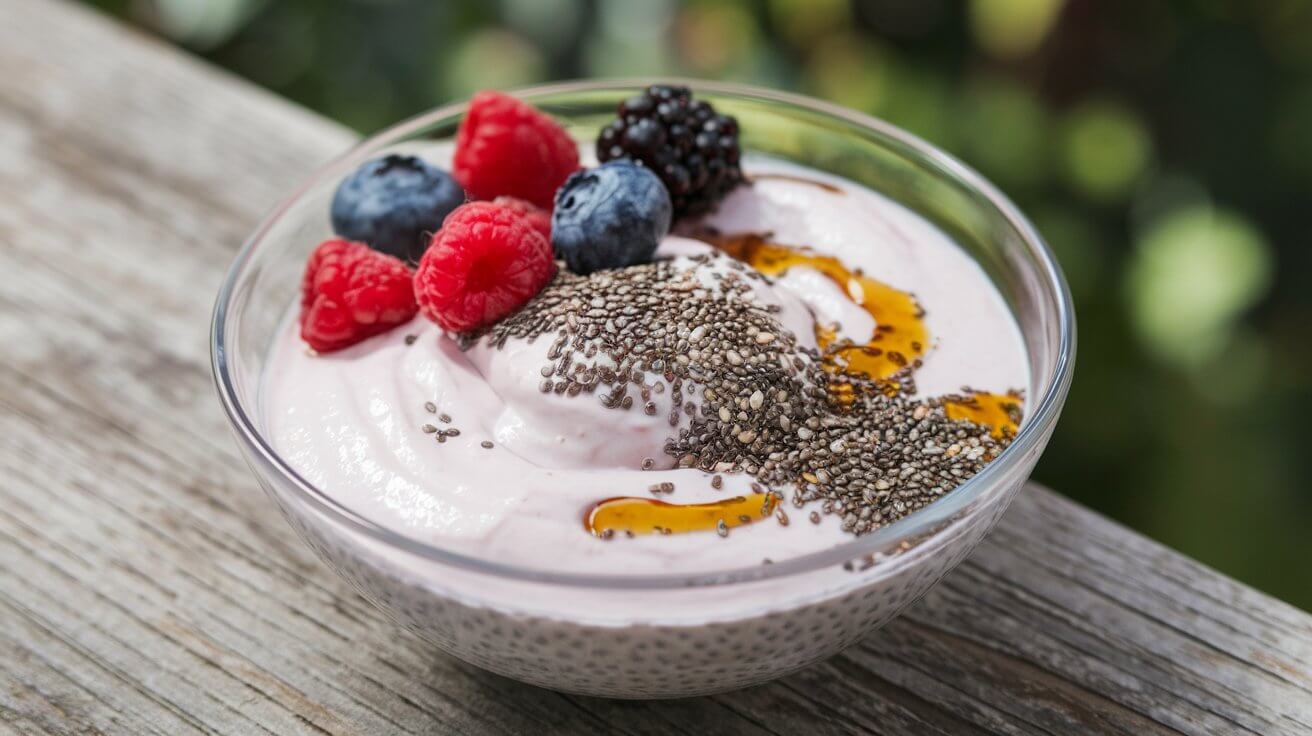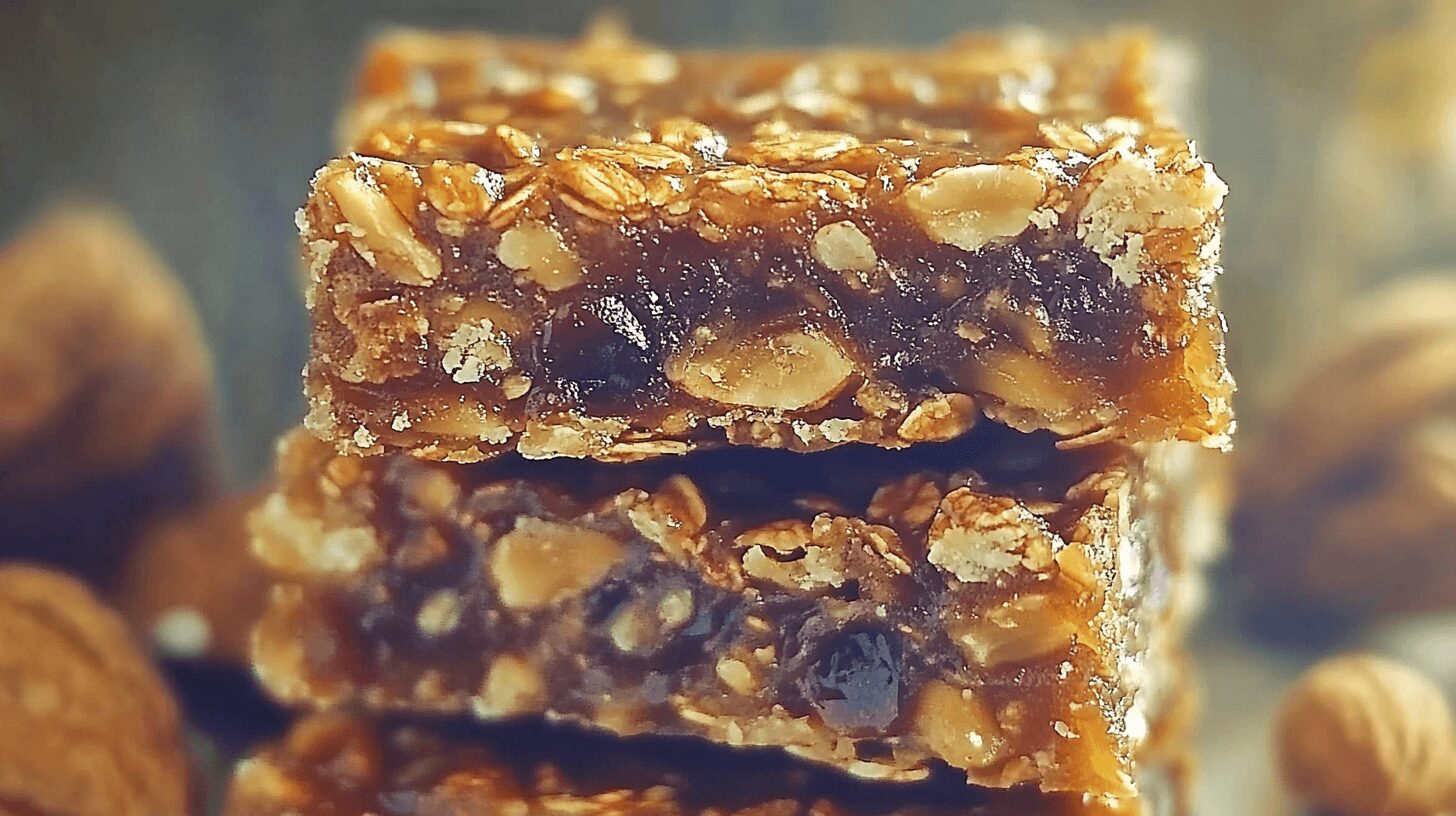For individuals with nut allergies, navigating snack options can be a daunting task. In fact, the challenge lies in finding products that are both safe and satisfying. Quest cookies, known for their high protein and low sugar content, are a popular choice among health-conscious consumers. However, the question remains: Can a nut-allergic eat a Quest cookie? Above all, this guide dives into the ingredients, potential cross-contamination risks, and safe alternatives to help you make an informed decision. Moreover, understanding the specifics of Quest cookies is essential before deciding if they are a viable option.
Understanding Nut Allergies and Their Risks
Before determining whether a nut-allergic person can eat a Quest cookie, it’s essential to understand nut allergies and their severity. Nut allergies occur when the immune system mistakenly identifies nut proteins as harmful invaders. In addition, the body’s immune response can trigger a range of symptoms, including mild reactions like hives, swelling, and itching, as well as severe conditions such as difficulty breathing or anaphylaxis. As a result, these reactions can be life-threatening if not treated immediately with interventions like epinephrine.
Consequently, individuals with nut allergies must be extremely cautious with their food choices. Not only that, but even foods that do not explicitly list nuts as ingredients may still be unsafe due to the risk of cross-contamination. Cross-contamination occurs when non-nut products come into contact with nuts during processing, packaging, or preparation. This risk can make even seemingly nut-free items hazardous. For example, shared equipment in manufacturing facilities is a common source of cross-contamination.
Furthermore, nut allergies can vary in severity among individuals. Some people may only react to specific types of nuts, such as peanuts or tree nuts, while others may be allergic to a broad range. It’s also worth noting that nut allergies are one of the most persistent food allergies, often lasting into adulthood. Therefore, having a clear understanding of your allergy’s severity and knowing what to look for in food products is crucial for managing the condition effectively. In short, staying informed and vigilant about ingredients and labeling can significantly reduce the risk of accidental exposure.
What Are Quest Cookies and Are They Nut-Free?
Quest cookies are marketed as protein-packed snacks with minimal sugar, catering to various dietary preferences like keto, gluten-free, and high-protein diets. Moreover, they come in a variety of flavors, including:
- Chocolate Chip
- Peanut Butter
- Cookies and Cream
- Snickerdoodle
In addition, these cookies are designed to appeal to health-conscious consumers looking for convenient snack options. But can a nut-allergic eat a Quest cookie? To answer this, we need to examine several key aspects of these cookies.
Ingredients in Quest Cookies
Most Quest cookies list their ingredients clearly on the packaging. For example, while some flavors do not include nuts directly, others, like Peanut Butter, explicitly contain nuts. Moreover, even flavors like Chocolate Chip or Snickerdoodle, which do not include nuts as an ingredient, may pose risks due to cross-contamination during production.
Cross-Contamination Risks in Quest Cookies
Even if a flavor does not contain nuts, Quest’s manufacturing processes may involve shared facilities or equipment that handle nuts. Consequently, this creates a risk of cross-contamination, which is critical for individuals with severe nut allergies. In fact, this is one of the most significant concerns for anyone with food allergies.
Labeling and Allergen Warnings on Quest Cookies
Quest Nutrition adheres to FDA guidelines for allergen labeling. For instance, most packaging includes statements like “Processed in a facility that also processes tree nuts and peanuts,” indicating potential risks. Therefore, it is important to review these warnings carefully. Above all, always trust the allergen labeling and take the necessary precautions.
Tips for Nut-Allergic Individuals Considering Quest Cookies
If you have a nut allergy and are considering trying a Quest cookie, follow these tips:
Read the Label Carefully Before Eating Quest Cookies
Always check the ingredient list and allergen warnings. In addition, if there’s any mention of nuts or potential cross-contamination, avoid that product. For example, flavors like Peanut Butter should be entirely avoided by those with nut allergies.
Contact Quest Nutrition for Clarifications
When in doubt, reach out to Quest Nutrition directly. Moreover, they can provide detailed information about their manufacturing processes and allergen safety measures. As a result, you can make an informed decision about whether their products are safe for you.
Opt for Nut-Free Alternatives to Quest Cookies
There are numerous nut-free protein cookie brands available. For instance, brands that specialize in allergen-free snacks are safer choices. In addition, these brands often have strict protocols to prevent cross-contamination.
Use an Allergy Card When Purchasing Packaged Foods
When dining out or purchasing packaged foods, an allergy card can help communicate your dietary restrictions clearly. As a result, you can avoid misunderstandings about your allergy. Above all, ensure that those around you are aware of your allergy to help reduce risks.

Safe Alternatives to Quest Cookies for Nut-Allergic Individuals
For those with nut allergies, several brands offer protein cookies free from nuts and cross-contamination risks. For instance:
Enjoy Life: A Leader in Allergen-Free Products
Enjoy Life is widely recognized for its dedication to producing allergen-free snacks. Their cookies and other products are crafted in dedicated facilities designed to eliminate the risk of cross-contamination with nuts. In addition, Enjoy Life’s extensive range includes flavors and textures that cater to diverse taste preferences, making them a reliable option for nut-allergic individuals.
MadeGood: Nut-Free Snacks with a Nutritional Boost
MadeGood offers a variety of protein snacks that are not only nut-free but also packed with essential vitamins and nutrients. These snacks are made in nut-free facilities, ensuring a safe choice for those with severe allergies. Moreover, their clear and transparent labeling provides added assurance for consumers.
Free2b Foods: Allergy-Friendly and Delicious
Free2b Foods specializes in creating snacks free from the top allergens, including nuts. Their products are crafted in dedicated allergen-free facilities and cater to both children and adults. Additionally, Free2b Foods is committed to transparency, providing detailed allergen information on all their packaging.
In addition, these brands prioritize safety and transparency for individuals with dietary restrictions. Moreover, they often provide clear labeling and dedicated allergen-free facilities, ensuring that nut-allergic individuals can enjoy their products with peace of mind. Furthermore, these brands focus on delivering high-quality snacks without compromising on flavor, making them a top choice for anyone looking for safe and satisfying alternatives to Quest cookies.
Creative Variations: Homemade Nut-Free Protein Cookies
If store-bought options don’t meet your needs, try making your own nut-free protein cookies. Here’s a simple recipe:
Ingredients for Homemade Nut-Free Protein Cookies
- 1 cup oat flour
- 1 scoop vanilla protein powder
- 1/4 cup sunflower seed butter (nut-free)
- 1/4 cup honey or maple syrup
- 1/2 cup dark chocolate chips (allergen-free)
Instructions for Nut-Free Protein Cookies
- Preheat the oven to 350°F (175°C).
- Mix all ingredients in a large bowl until a dough forms. In addition, ensure the mixture is well combined for even baking.
- Scoop tablespoons of dough onto a baking sheet lined with parchment paper.
- Bake for 10-12 minutes or until golden brown. After that, let the cookies cool completely.
- Finally, enjoy a delicious and safe alternative to store-bought cookies!
As a result, you’ll have a homemade snack that meets your dietary needs. Moreover, making cookies at home gives you complete control over the ingredients and eliminates the risk of cross-contamination.
Frequently Asked Questions About Nut Allergies and Quest Cookies
Can a Nut-Allergic Eat a Quest Cookie Safely?
It depends on the flavor and individual sensitivity. In short, always check for cross-contamination warnings. To learn more about how cross-contamination affects nut allergies, click here.
Are Quest Bars Nut-Free and Safe for Nut-Allergic Individuals?
Some Quest bars are nut-free but may be processed in facilities that handle nuts. Therefore, caution is advised. If you’re curious about which Quest products are safer for nut-allergic individuals, click here.
Does Quest Cookies and Cream Contain Nuts?
Cookies and Cream does not list nuts as an ingredient but may have cross-contamination risks. Consequently, it’s best to verify with the manufacturer. For more details on ingredient safety in Quest cookies, click here.
Can People with Nut Allergies Eat Cookies with Almond Extract?
No, almond extract can contain nut proteins and should be avoided by individuals with nut allergies. Above all, it’s better to err on the side of caution. For additional tips on managing nut allergies with cookies, click here.
Conclusion: Making Safe Choices for Nut Allergies
For individuals with nut allergies, determining whether a Quest cookie is safe to eat requires careful examination of ingredients and allergen warnings. In contrast, some flavors might be free from nuts, but cross-contamination risks cannot be ignored. When in doubt, it is best to choose nut-free alternatives or prepare your own protein cookies at home. Homemade options provide the added benefit of complete control over ingredients, ensuring both safety and customization to meet your dietary needs.
Additionally, being proactive about reading labels, contacting manufacturers, and educating yourself about allergen warnings can significantly reduce risks. Many brands, such as Enjoy Life and MadeGood, offer high-quality, allergen-free snacks, providing peace of mind for those with dietary restrictions. By incorporating these safe and delicious alternatives into your routine, you can enjoy a variety of snacks without compromising your health.
In conclusion, by following the tips and guidance outlined in this article, you can navigate your dietary restrictions safely and confidently. Above all, always prioritize your safety and well-being when making food choices. Remember that taking extra precautions, like carrying an allergy card or consulting allergen-free brands, is a small step that ensures your peace of mind. With a careful approach, you can indulge in tasty, protein-packed snacks while keeping allergies at bay.

Chocolate Guinness Cake with Baileys Buttercream

Ultimate Dolly Parton Butterscotch Pie: 5 Sweet Reasons to Try This Classic Dessert

5-Minute Sausage Egg and Cheese Breakfast Roll-Ups: The Perfect Morning Delight

Healthy Avocado Grilled Cheese: 5 Reasons to Try This Nutritious Twist on a Classic

7 Reasons to Love Smothered Potatoes: A Delicious and Nutritious Comfort Food

Greek Yogurt Chia Pudding: 5 Reasons This Simple, Healthy Treat is a Game-Changer











